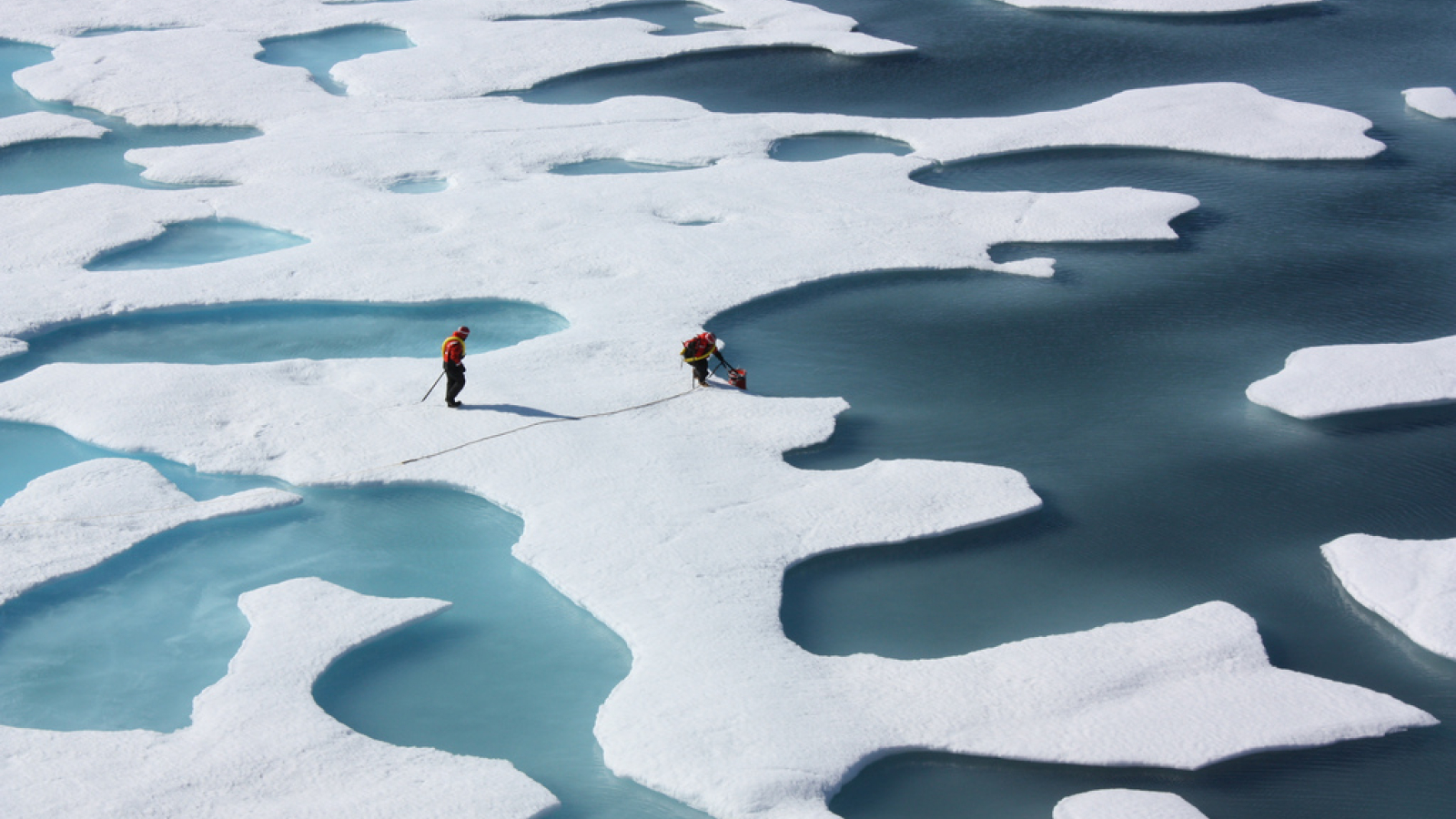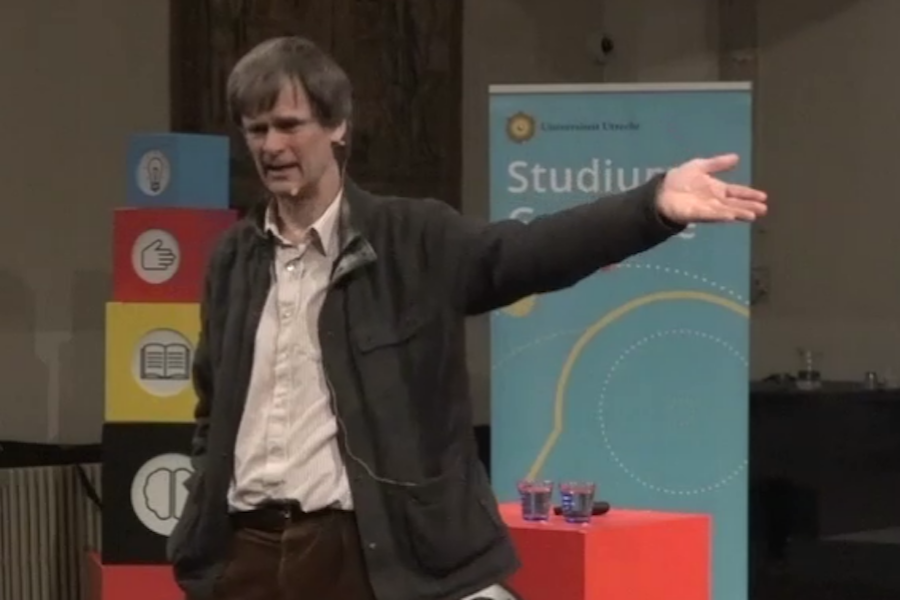The climate is too important to be left to politicians

"Europe is not on its way to meet 'Paris'," is said in the Dutch newspaper NRC. The EU has agreed to emit 40 % less greenhouse gases than in 1990, but we have to consider a reduction from 40 to 50 percent in order to meet the goals of the climate accord.
With increasing amounts of solar panels and the advance of electric cars, it looks like we are well on our way in the Netherlands. But right now, the Netherlands are burning more fossil fuels than in 1990. This is why Pieter Boot, the Head of the PBL Netherlands Environmental Assessment Agency, predicts an improvement of only 24 percent. And that is a matter of concern.
Where can any gains be made? Three quarters of the CO2 emissions by the Dutch industrial sector comes from only twelve corporations. Greening up the polluting industrial sector is a relatively cheap option and would therefore be a good step towards drastically reducing the emissions. But in his lecture 'Duurzaam sturen', economist and former State Secretary Professor Dr Rick van der Ploeg explains that such corporations have enormous vested interests. On top of that, corporations that produce resources such as fossil fuels have gained a significant finger in the governmental pie through their lobbying activities. "No law passes through Parliament without Shell approving it first," Van der Ploeg says.
He believes politics and corporations have become too tightly connected, resulting in a lack of real changes. That is why there is a need for a social movement in which civilians exert more pressure for matters such as a CO2 tax for corporations. As Van der Ploeg himself puts it: "The climate is too important to be left to politicians.''
Would you like to hear more from Van der Ploeg? Watch the recording of the lecture 'Duurzaam sturen' in our archive.








